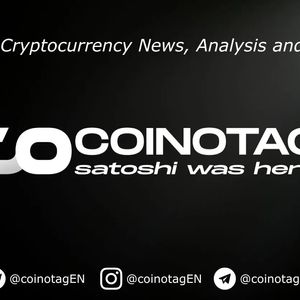ICOs, IEOs, and IDOs are all methods used by blockchain projects to raise funds, but they differ in their approach and level of centralisation. ICOs are the original method, involving a direct token sale from the project to the public. IEOs are managed by a cryptocurrency exchange, adding a layer of vetting and credibility. IDOs take place on decentralised exchanges, offering speed and community-driven participation.
Here's a breakdown of each:
- Initial Coin Offering (ICO):
- This is the pioneer fundraising model in the crypto world.
- A project directly sells its tokens to the public, often through its website or platform.
- Investors typically pay using other established cryptocurrencies like Bitcoin (BTC) or Ethereum (ETH).
- Initial Exchange Offering (IEO):
- In an IEO, a cryptocurrency exchange manages and hosts the token sale on behalf of the project.
- The exchange often conducts due diligence and vetting of the project before listing its tokens, adding a layer of credibility and security for investors.
- Investors purchase tokens directly from the exchange's platform, typically using their exchange wallets.
- Initial DEX Offering (IDO):
- An IDO represents the launch of a cryptocurrency token on a decentralized exchange (DEX).
- Instead of a centralized exchange, a decentralized platform like Uniswap or PancakeSwap is used to facilitate the sale.
- Projects often create a liquidity pool on the DEX, allowing users to swap other tokens for the newly launched project's token.
- IDOs are often favored for their decentralized nature and immediate trading and liquidity opportunities.
Key differences
- Platform:
- ICO: Project's own platform/website.
- IEO: Centralized cryptocurrency exchange.
- IDO: Decentralized exchange (DEX).
- Oversight/Vetting:
- ICO: None to minimal vetting.
- IEO: Project undergoes vetting by the centralized exchange.
- Accessibility:
- ICO: Open to anyone globally, potentially with minimal KYC.
- IEO: Exchange users can participate, requiring KYC/AML compliance.
- IDO: Open access, often through connecting a crypto wallet to the DEX.
- Trust and Security:
- ICOs were historically prone to scams, with a lower trust layer.
- IEOs are generally considered more secure due to exchange vetting and compliance.
- IDOs offer a decentralized environment, but risks related to smart contract vulnerabilities or projects lacking development still exist.
- IDO: Relies on community-driven vetting and can also involve third-party auditors (though risks remain).
Why are they important
These token launch methods have provided alternative fundraising models for blockchain projects, allowing them to raise capital outside traditional avenues like venture capital funding. They democratize investment opportunities, enabling a broader range of individuals to participate in new crypto projects. Each model has its own advantages and disadvantages, and the choice depends on the project's goals, resources, and target audience.
